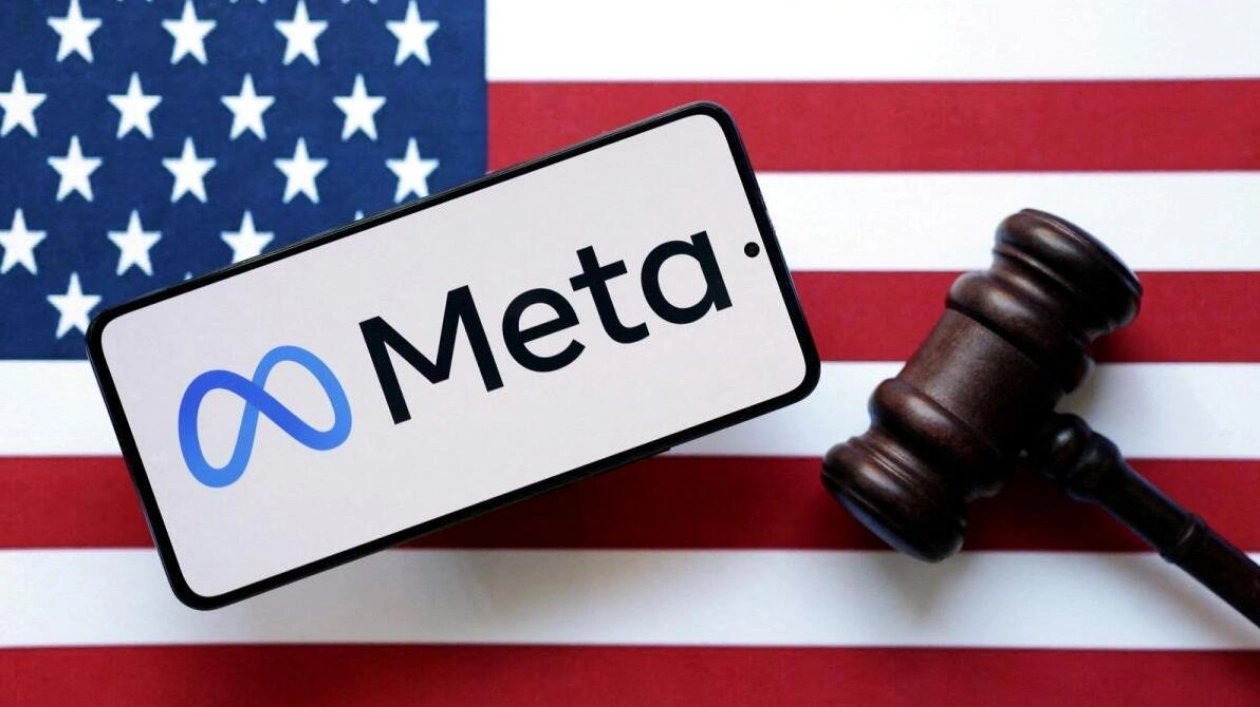Three years after Meta discontinued facial recognition software on Facebook due to mounting privacy concerns and regulatory pressure, the social media giant announced on Tuesday that it is reintroducing the service as part of an initiative to combat 'celeb bait' scams. Meta plans to enroll approximately 50,000 public figures in a trial that involves automatically comparing their Facebook profile photos with images used in suspected scam advertisements. If the images match and Meta determines the ads are fraudulent, they will be blocked. The celebrities will be informed of their enrollment and will have the option to opt out if they prefer not to participate, according to the company.
The trial is set to launch globally in December, with some notable exceptions, including the United Kingdom, the European Union, South Korea, and the U.S. states of Texas and Illinois, where Meta does not yet have regulatory clearance. Monika Bickert, Meta's vice president of content policy, explained in a briefing with journalists that the company is focusing on public figures whose likenesses have been identified in scam ads. 'The goal is to provide as much protection as possible for them. They can opt out if they wish, but we aim to make this protection accessible and straightforward,' Bickert stated.
This test reflects a company attempting to balance the use of potentially intrusive technology to address regulatory concerns about the increasing number of scams, while minimizing complaints about its handling of user data, a longstanding issue for social media companies. When Meta discontinued its facial recognition system in 2021, it deleted the face scan data of one billion users, citing 'growing societal concerns.' In August this year, the company was ordered to pay Texas $1.4 billion to settle a state lawsuit accusing it of illegally collecting biometric data. Simultaneously, Meta faces lawsuits alleging it has not done enough to prevent celeb bait scams, which use images of famous people, often generated by artificial intelligence, to deceive users into investing in non-existent schemes.
Under the new trial, Meta will immediately delete any face data generated by comparisons with suspected advertisements, regardless of whether a scam is detected. The tool being tested underwent Meta's 'robust privacy and risk review process' internally and was also discussed with regulators, policymakers, and privacy experts externally before the tests commenced, according to Bickert. Meta also plans to test using facial recognition data to help non-celebrity users of Facebook and Instagram regain access to accounts that have been compromised by a hacker or locked due to forgotten passwords.
Source link: https://www.khaleejtimes.com






